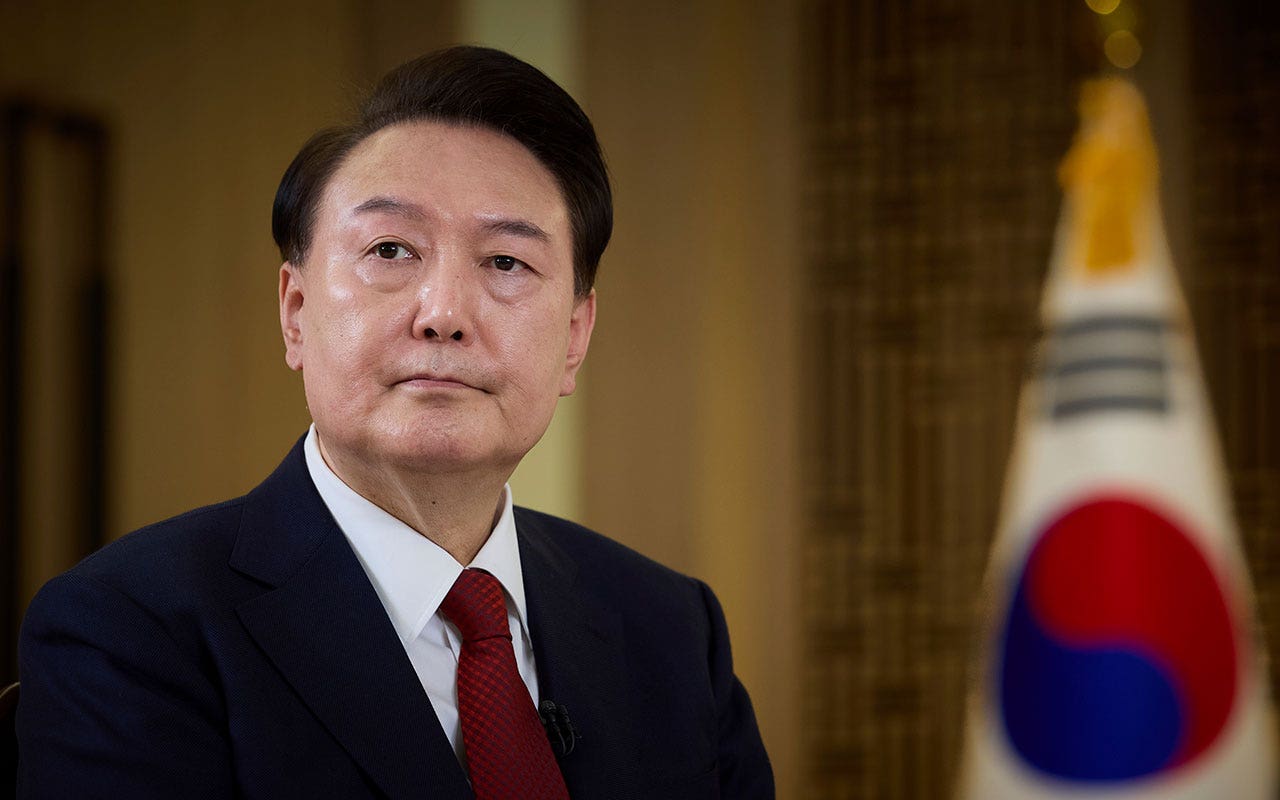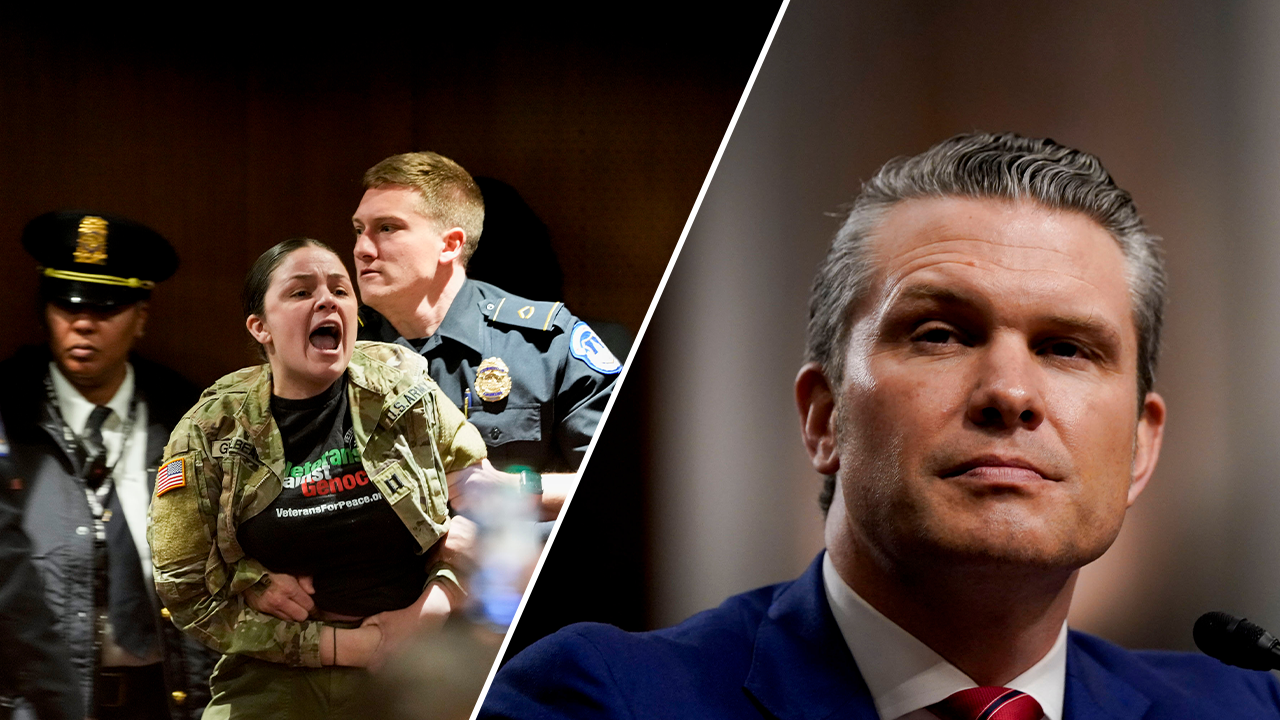Massachusetts
A blue state, but Massachusetts’ electorate has become something else: the cradle of independents – The Boston Globe

Her experience is increasingly the norm. While independents have long thrived here, the number of so-called unenrolled voters has downright surged in recent years, with a mix of bureaucratic and ideological currents working to swell the ranks of independents to 61 percent of the state’s 4.7 million voters.
That, by one analysis, is the highest share of unaffiliated voters in any state in the country, a surprising reality given Massachusetts’ deep blue reputation and history of Democratic dominance at the ballot box. The growth here also bucks the trend in other New England states, where both the Democratic and Republican parties have tightly guarded their share of the electorate, or even added to them at a time of intense political polarization nationwide.
“The Republican Party up to very recently was moving very far to the right and . . . the Democratic Party has been moving very far to the left,” Secretary of State William F. Galvin, an eight-term Democrat, said of the state parties, both of which have seen membership plunge.
Democrats, who once made up 45 percent of voters in 1990, now account for just 29 percent. Fewer than 9 percent of voters currently declare themselves members of the Republican Party.
Left in the middle, Galvin said, are those who agree with the parties on some issues, but don’t want to be affiliated with them. “It gives them no place to go — and no reason to,” he said.
Technically, nowhere is that middle lane bigger than in Massachusetts, and few appear even close to matching the number of independent voters here, either. Alaska is close, with about 58 percent of its registered voters not affiliated with a party, but no other state among the 30 that record party registration had independents break 50 percent of its electorate last year, according to data compiled by researchers for a study of voter registration patterns.
An array of factors likely contribute to Massachusetts’ bulbous independent bloc. Election rules vary widely by state, but here, unenrolled voters can participate in any partisan primary they choose. The state also has a relatively new law that automatically enrolls people to vote when they get a driver’s license or health insurance through the state, which has pushed hundreds of thousands of voters without party designation onto the rolls.
The major parties’ lurch toward the fringes also plays a role, experts say. Some voters think, “ ‘If I don’t check all the boxes, then I can’t be a Democrat,’ ” said Shanique Spalding, executive director of Massachusetts Voter Table, an advocacy group.
How much the move away from party affiliation has impacted actual election results is debatable. Democrats have long dominated elected office in Massachusetts, holding every one of the state’s seats in the House of Representatives since the mid-1990s. Massachusetts has sent just one Republican to the Senate — Scott Brown — in the last 45 years.
Outside of the Legislature — where the GOP is the super-minority — Republicans hold just one of the state’s 11 district attorney seats, and just two of the 14 sheriff’s offices.
“Independents do have a party preference. They just tend to not want to make that known,” said Enrijeta Shino, a University of Alabama assistant professor of American politics and coauthor of the study examining voter registration trends, specifically in Florida and North Carolina. Independents tend to be younger, more moderate, and less politically active voters, she said, but some also are simply “closet partisans.”
“If a state has more registered independents, those people still [likely] have to vote for one of the two main parties’ candidates,” she said.
The electorate’s makeup here could, however, help explain one of Massachusetts’ more peculiar voting habits. Moderate Republicans from Bill Weld to Mitt Romney and, most recently, Charlie Baker, dominated the governor’s office for the better part of three decades even as progressives such as Senator Elizabeth Warren and Representative Ayanna Pressley handily won their races at the federal level.
“We are open to Republican managers and Democratic activists for Congress,” said David Paleologos, director of the Suffolk University Political Research Center, which has done polling for the Globe. “Underneath that umbrella of 60 percent, there’s a method to the madness.”
That so many voters also choose to identify as independents may be exacerbated by something else in Massachusetts, experts say: With little competition in both primaries and general elections cycle after cycle, voters are often given little reason to join a party’s ranks.
The website Ballotpedia, which tracks elections nationwide, last year rated the state’s legislative elections as the least competitive in the country, based on factors including how often an incumbent faces a challenger. The state ranked last in 2020, 2018, and 2016 as well. Congressional incumbents in Massachusetts have lost a seat just twice in the last 27 years, both times in the Democratic primary. A sitting governor hasn’t lost in four decades.
“Incumbents win over and over again, people are not running for office, and we have all these elections where there’s basically nothing really happening,” said Rachael Cobb, chair of the political science and legal studies department at Suffolk University. “That is not the recipe to increase party participation.”
To be sure, the share of unenrolled voters has been steadily climbing in other states, data show, and the growing independent bloc in Massachusetts is not an entirely new phenomenon. After decades of Democratic dominance, unenrolled voters outnumbered Democrats by the end of 1990. They haven’t dipped below 50 percent of the electorate since 2008.
But their numbers have ballooned of late. In the last three years alone, the state has added more than 356,000 unenrolled voters, more than doubling the rate of growth from the previous three-year stretch.
Rules, as much as politics itself, matter. Massachusetts is one of just nine states that open their primaries to unaffiliated voters, giving a big incentive to residents to not enroll in a major party while still having a chance to decide its nominee. (In 15 other “open primary” states, anyone can vote in the nominating race.)
The adoption of automatic voter registration five years ago also appears to have helped juice the state’s numbers. Under the law, roughly 554,000 people have been registered to vote since 2020, all as independents, according to state data.
It’s possible some may have later chosen to join a party. But the growth of independents has far outpaced the overall increase in the electorate, with even more voters likely to flow onto the rolls in the coming years. The Legislature last year passed new language removing the option residents once had to opt out of automatic voter registration.
Elsewhere in New England, the electorate has shifted the other way. While most other states are seeing some gains in independent voters, in New Hampshire, very little has changed in recent years, despite the state’s semi-open primaries: Democrats and Republicans each make up nearly 31 percent of registered voters.
The share of Republicans in Rhode Island — where, as in Massachusetts, Democrats dominate elected office — has actually increased slightly since 2016, according to data compiled by the Globe. And in Maine, where a new law recently took effect to open state and presidential primaries to independents, Democratic registration in particular has surged, pushing the party’s share of voters to 37 percent last year.
That could change slightly with the new law, as people no longer have to be party-affiliated to pull a primary ballot, said Mark Brewer, a political science professor at the University of Maine. But the rise in partisanship is evidence of the slow death of moderate politicians, he said, even in Maine, which boasts one of just two Independents in the Senate in Angus King (Bernie Sanders of Vermont is the other) and a centrist Republican in Susan Collins.
“The reality,” he said, “is most independents lean” toward one party or the other.
Mason Ashcraft, 42, of Westborough, said he’s been an unenrolled voter since moving to Massachusetts permanently in 2010, and has always been “wary of hyper-partisanship.”
But he said he’s also always pulled a Democratic ballot when given a choice. His “sympathies,” he said, lean left, especially now.
“As things are,” he said, “I just can’t abide the thought of voting for anyone on a Republican ballot.”
Matt Stout can be reached at matt.stout@globe.com. Follow him @mattpstout.

Massachusetts
Revere city councilor slams Massachusetts officials for being ‘woke’ after migrant shelter bust

A Revere city councilor says the state’s right-to-shelter law is a “perfect example” of how “woke” ideologies are harmful, as he addressed the arrest of a migrant who allegedly had an AR-15 and 10 pounds of fentanyl at a local hotel.
Originally Published:
Massachusetts
Massachusetts senator seeks to extend deadline for TikTok ban | TechCrunch

Senatory Ed Markey (D-Mass.) is planning to introduce legislation to extend the TikTok ban deadline by 270 days. TikTok has warned of a looming shutdown in just five days, but the new legislation, officially called the Extend the TikTok Deadline Act, would give TikTok more time to divest from its Chinese parent company ByteDance, if approved by Congress.
TikTok is currently expected to “go dark” on January 19, unless the Supreme Court intervenes to delay the ban. The Supreme Court is weighing the ban, and is expected to decide sometime this week whether the law behind the ban violates the First Amendment.
“As the January 19th deadline approaches, TikTok creators and users across the nation are understandably alarmed,” Markey said in a Senate floor speech on Monday. “They are uncertain about the future of the platform, their accounts, and the vibrant online communities they have cultivated. “These communities cannot be replicated on another app. A ban would dismantle a one-of-a-kind informational and cultural ecosystem, silencing millions in the process.”
Markey noted that while TikTok has its problems and poses a “serious risk” to the privacy and mental health of young people, a ban “would impose serious consequences on millions of Americans who depend on the app for social connections and their economic livelihood.”
Markey and Senator Rand Paul (R-Ky.), along with Congressman Ro Khanna (CA-17), recently submitted a bipartisan amicus brief urging the Supreme Court to reverse the D.C. Circuit Court’s decision that upheld the TikTok ban. The trio argued that the TikTok ban conflicts with the First Amendment.
Massachusetts
Video shows firefighters rescue man and dog from icy Massachusetts lake

WELLESLEY – A Wellesley father of three and his dog are home safe after first responders rescued them from a freezing lake on Sunday.
Dramatic drone video shows the daring rescue on Sunday as a first responder crawls on thin ice to help Ed Berger struggling in a frigid icy Lake Waban. But it wasn’t just Ed in the water, his 8-year-old Cockapoo Tommy had fallen in the lake first.
“Traumatic experience”
“It was definitely a pretty traumatic experience,” said Ed Berger. “I think anybody who owns a pet would do the same thing, I just knew I had to do something.”
It began on a walk when Tommy saw birds, then ran off, but tumbled into the freezing lake.
As fast as Ed could act, he grabbed a boat from Wellesley College, then went after Tommy, putting his Mass. Maritime cold-water training to the test.
“I did a couple of things right and I did a couple of things wrong because obviously becoming part of the problem was not my intention,” said Ed Berger. “I knew the first thing I needed to do was control my breathing and not panic and I had the boat.”
But boat tipped over. Within minutes, firefighters and police teamed up to first pull the father of three out of the water. Then they got Tommy out too.
“I kept telling the fire department, ‘I’m fine I’m totally fine go save the dog,’ but they said ‘no sir, people first, it must be people first,’” said Ed Berger.
Tommy was taken to the Veterinary Emergency Group where Dr. Allan Heuerman treated the dog.
“Our first concerns are hypothermia,” said Dr. Heuerman. “Tommy’s a fighter, that definitely helped him stay alive and breathing and fighting throughout this whole process, so definitely lucky.”
Ice warning
It’s a dangerous time on the ice that can lead to tragedy, like in Atkinson, New Hampshire where a 56-year-old mom fell through ice and drowned over the weekend.
In Wareham, first responders found a man clinging to a kayak after he had fallen through an icy pond.
“Even though we’ve had cold temperatures. We don’t really recommend going in there at all because you never know if the water is moving, if there’s a pocket of warmer water underneath,” said Wellesley Fire Chief Matthew Corda.
What could have ended in tragedy, became a happy ending for Ed and Tommy, and for that they’re so thankful to the first responders and medical staff who made it happen.
“The fact that they got me, and they got him was just absolutely amazing, so incredibly thankful,” said Ed Berger.
First responders say the lesson here is to keep your dogs on leashes and if they go out into the ice, don’t follow them, just call 911.
-

 Health1 week ago
Health1 week agoOzempic ‘microdosing’ is the new weight-loss trend: Should you try it?
-
/cdn.vox-cdn.com/uploads/chorus_asset/file/25822586/STK169_ZUCKERBERG_MAGA_STKS491_CVIRGINIA_A.jpg)
/cdn.vox-cdn.com/uploads/chorus_asset/file/25822586/STK169_ZUCKERBERG_MAGA_STKS491_CVIRGINIA_A.jpg) Technology6 days ago
Technology6 days agoMeta is highlighting a splintering global approach to online speech
-

 Science3 days ago
Science3 days agoMetro will offer free rides in L.A. through Sunday due to fires
-
/cdn.vox-cdn.com/uploads/chorus_asset/file/25821992/videoframe_720397.png)
/cdn.vox-cdn.com/uploads/chorus_asset/file/25821992/videoframe_720397.png) Technology7 days ago
Technology7 days agoLas Vegas police release ChatGPT logs from the suspect in the Cybertruck explosion
-

 Movie Reviews1 week ago
Movie Reviews1 week ago‘How to Make Millions Before Grandma Dies’ Review: Thai Oscar Entry Is a Disarmingly Sentimental Tear-Jerker
-

 Health1 week ago
Health1 week agoMichael J. Fox honored with Presidential Medal of Freedom for Parkinson’s research efforts
-

 Movie Reviews1 week ago
Movie Reviews1 week agoMovie Review: Millennials try to buy-in or opt-out of the “American Meltdown”
-

 News7 days ago
News7 days agoPhotos: Pacific Palisades Wildfire Engulfs Homes in an L.A. Neighborhood
/cdn.vox-cdn.com/uploads/chorus_asset/file/23382327/VRG_Illo_STK022_K_Radtke_Musk_Twitter_Upside_Down.jpg)
















